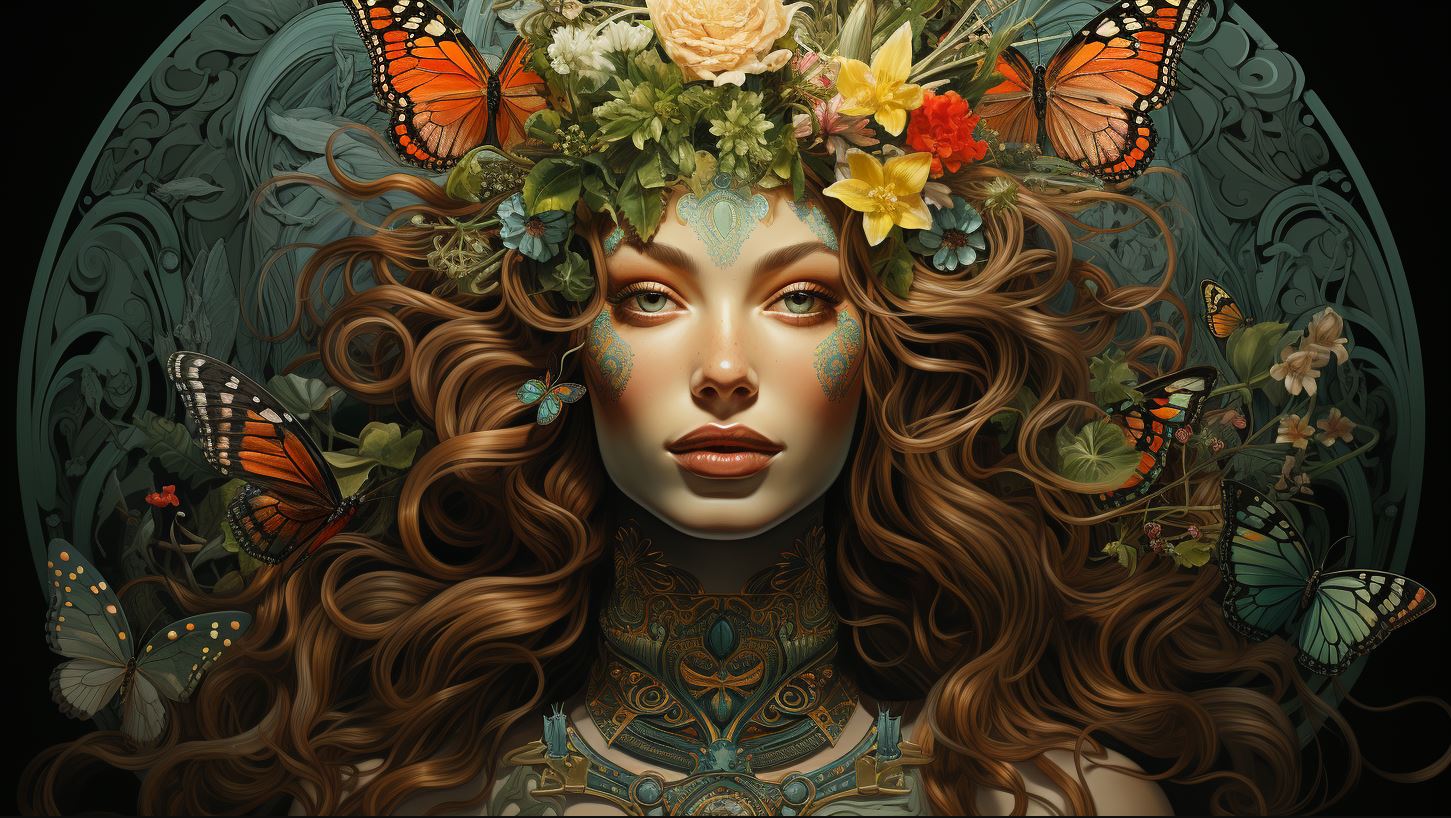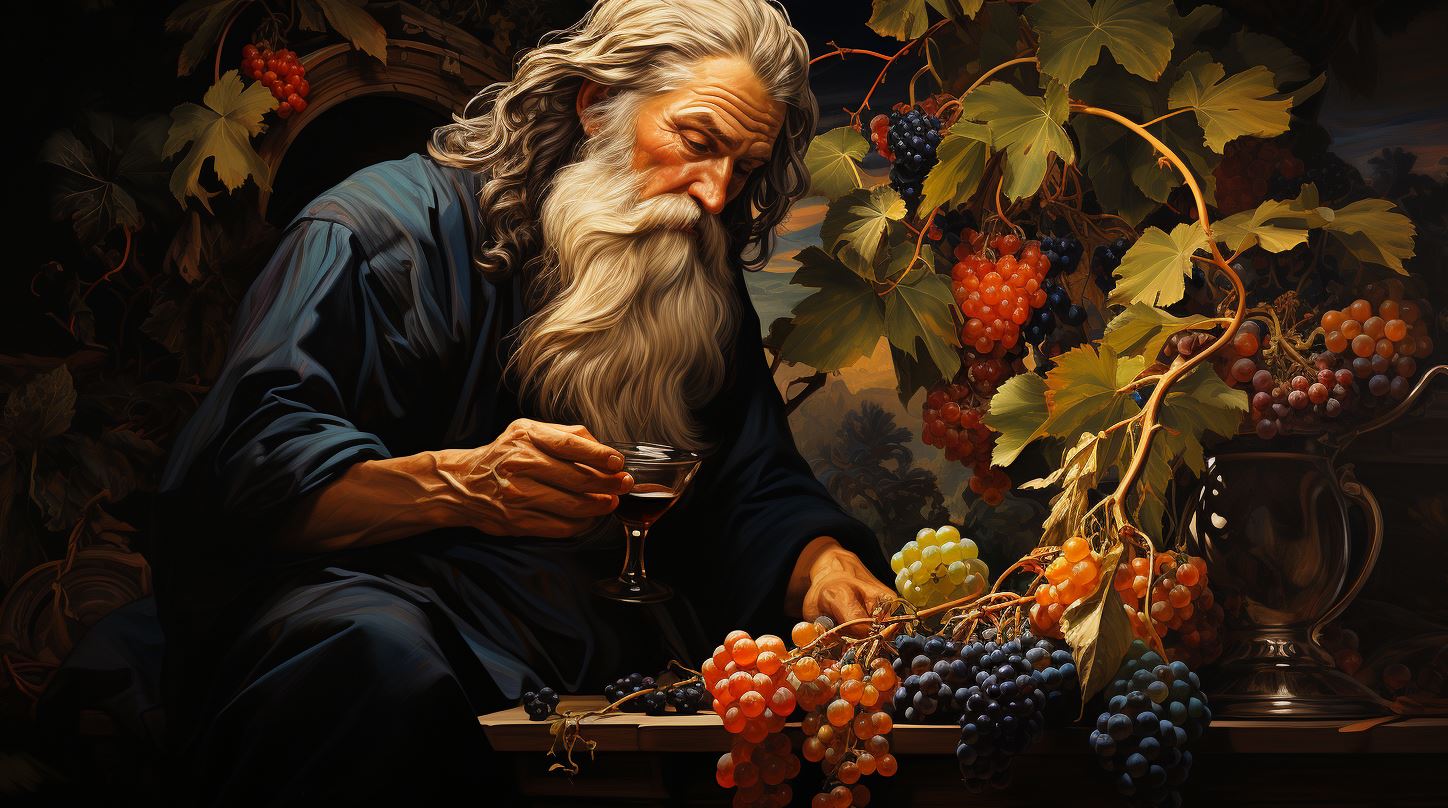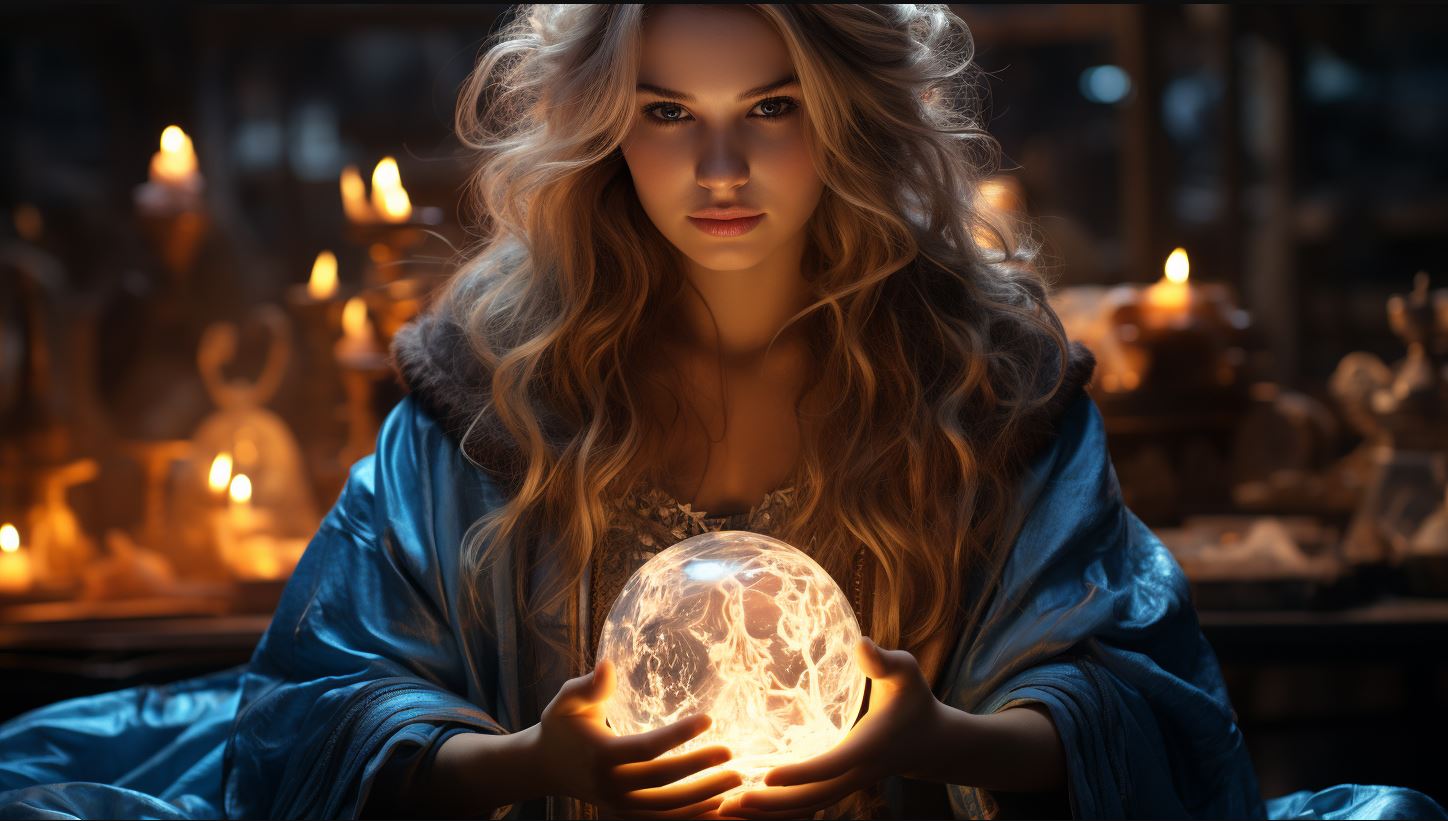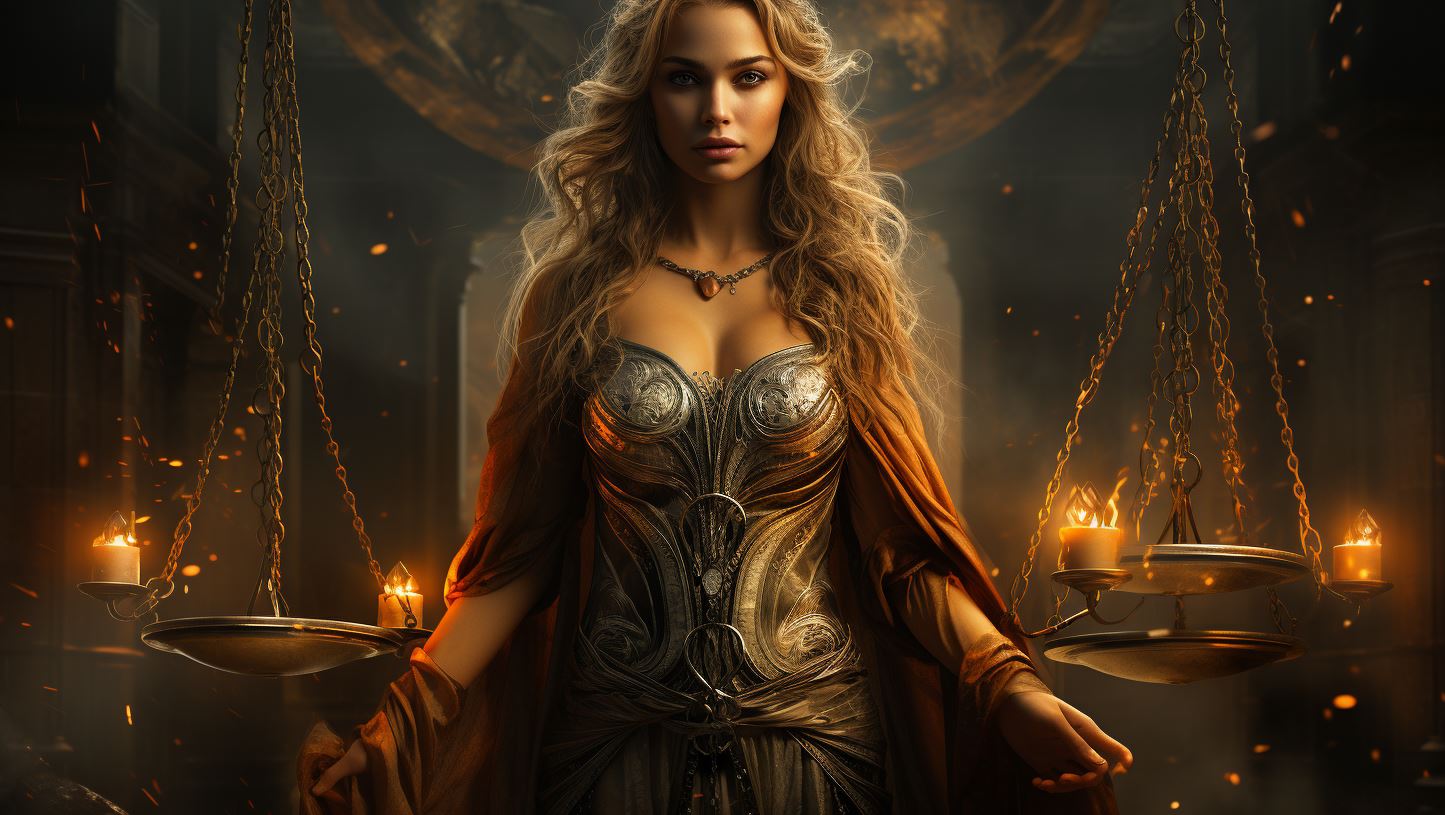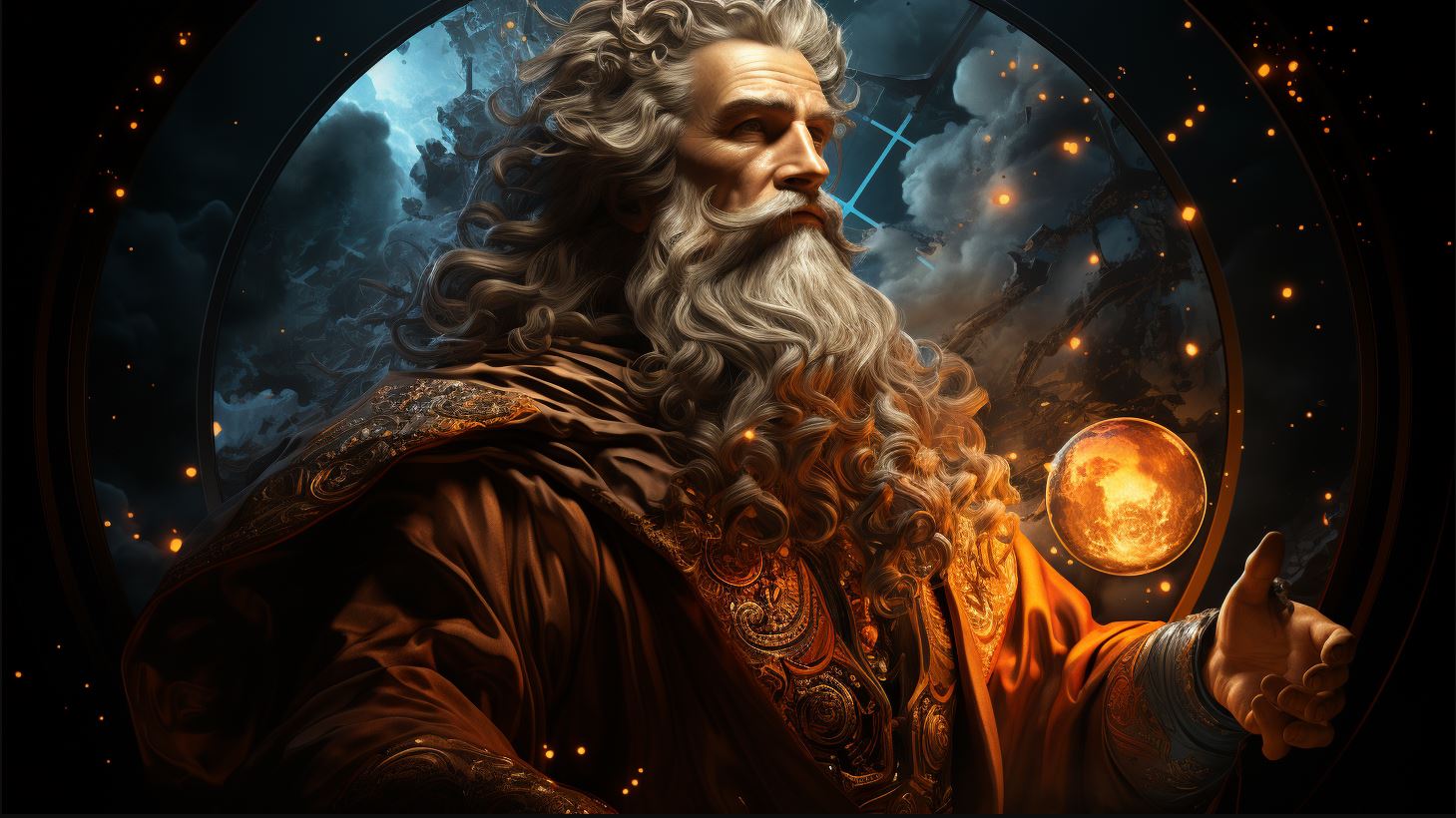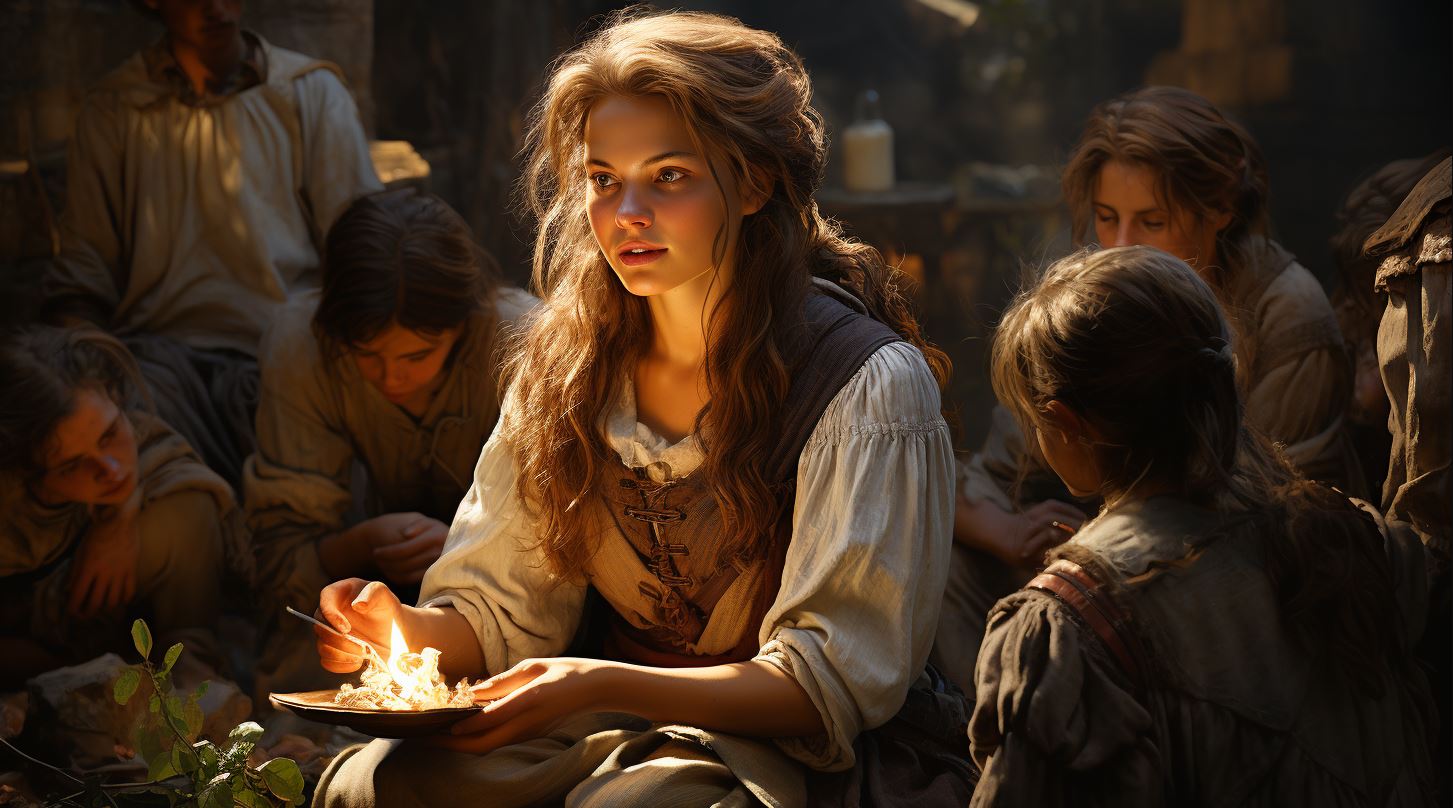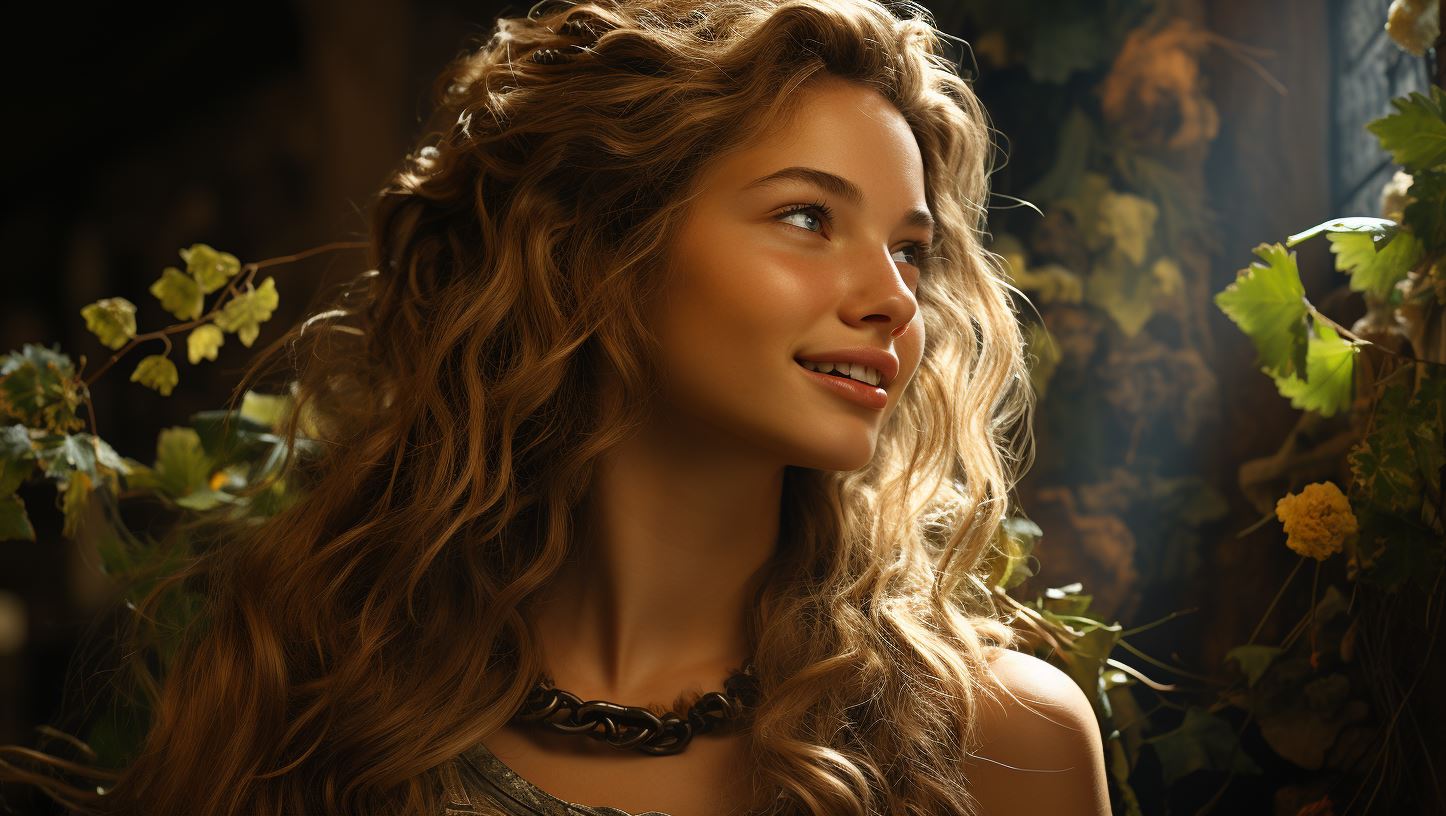Modron Goddess: Exploring the Fertility and Maternity Deity of Celtic Legends
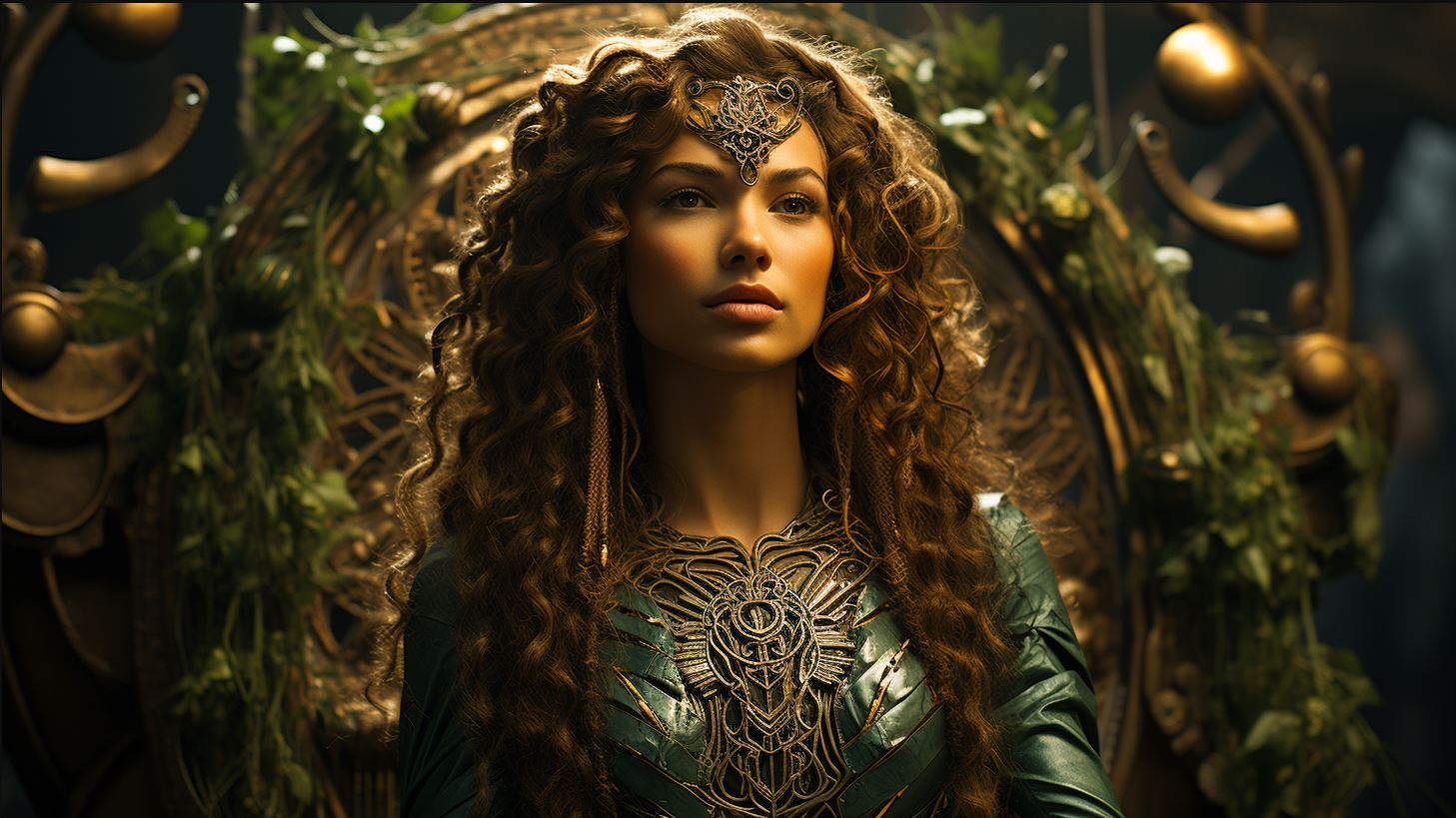
Modron Goddess, the Celtic deity of fertility and maternity, holds a significant place in the legends of King Arthur. Little is known about her origins, but she is believed to derive her name from the Gallic eponym of the River Marne, meaning ‘Great Mother’.
Modron is mentioned as the mother of Mabon, who was abducted as an infant. King Arthur embarks on a quest to rescue Mabon, leading to various adventures. Additionally, Modron is noted as the mother of twins, Owain and Morfudd.
Welsh traditions and fragmented texts further reference Modron, supporting her role as a fertility goddess.
The Origins of Modron Goddess
Uncovering the origins of Modron Goddess, the Celtic deity associated with fertility and maternity, presents a captivating endeavor. While direct evidence is scarce, it is widely believed that her name derives from the Gallic word for ‘Great Mother,’ suggesting a deep connection to the concepts of femininity and nurturing.
One theory places Modron’s origins in the eponymous Gallic river, Marna. This association with a natural water source further emphasizes her role in fertility, as rivers have long symbolized abundance and life-giving forces.
However, the exact nature of Modron’s original worship and her earliest manifestations remain elusive, obscured by the passage of time and the fragmented nature of historical records.
Despite the lack of concrete evidence, Modron’s presence is felt in various texts related to the Arthurian legends.
The Romans depicted her as a goddess with a triple aspect, holding objects symbiotic with fertility, further solidifying her association with motherhood and the nurturing forces of the earth.
As we delve into the tapestry of Celtic myth and folklore, it becomes evident that Modron’s significance extends beyond her role as a fertility deity.
She is intricately linked to the narratives surrounding the abduction of her son Mabon and King Arthur’s heroic quest to rescue him. These tales highlight the depth of Modron’s character and her enduring influence in the realm of Arthurian legend.
Exploring Modron’s origins illuminates the rich tapestry of Celtic mythology and reinforces her status as a powerful goddess of fertility and maternity, whose name resonates with the reverence for the divine feminine.
Modron in Celtic Mythology
Within the realm of Celtic mythology, Modron holds a significant place as the goddess of fertility and maternity. Mysterious and revered, she embodies the essence of motherhood and the nurturing aspects of life.
In Celtic lore, Modron is often mentioned in relation to her role as the mother of Mabon, who was stolen away as an infant. This maternal connection with Mabon sets the stage for epic adventures, as King Arthur takes on the valiant quest to rescue the lost child.
Modron’s influence expands beyond Mabon, as she is also identified as the mother of Owain and Morfudd, twins who serve as key figures in Welsh traditions. Through these familial ties, Modron establishes her presence as a powerful and beloved mother figure within Celtic mythology.
Linked to fertility and the natural cycles of life, Modron’s association with the land’s bounty and the creation of new life is widely acknowledged. Her portrayal in triple form, holding items symbolic of fertility, further solidifies her status as a revered goddess of renewal and growth.
While details about Modron may be scarce in historical texts, her significance in Welsh mythology and her portrayal as the Great Mother demonstrate her enduring presence and importance in Celtic culture.
Modron’s Role as the Mother of Mabon
Modron plays a significant role as the mother of Mabon in Celtic mythology. According to the legends, Mabon was stolen as a baby and held captive. It is the noble King Arthur who takes on the valiant quest to rescue Mabon and reunite him with his mother, Modron.
Modron’s maternal connection to Mabon symbolizes the eternal bond between mother and child, highlighting her nurturing and protective qualities. Her unwavering love and determination to save her son serve as a powerful representation of maternal strength and devotion.
Through their adventures together, Modron and Mabon embody the eternal cycle of birth, growth, and renewal. Their story emphasizes the importance of family bonds and the lengths a mother will go to protect her child.
As we delve deeper into the legends surrounding Modron, we come to appreciate her central role as a mother figure and the profound impact she has on shaping the Arthurian narrative.
Modron’s Connection to King Arthur
Modron, the Celtic goddess of fertility and maternity, has a significant connection to the legendary King Arthur. In various Arthurian tales, Modron is mentioned as the mother of Mabon, a child who was kidnapped as an infant.
It is through this connection that King Arthur embarks on heroic quests to rescue Mabon, demonstrating Modron’s influence in the Arthurian narrative.
Modron’s role as a maternal figure in the Arthurian legends showcases her nurturing and protective qualities.
She becomes a driving force behind Arthur’s determination to reunite Mabon with his rightful family. This connection strengthens the bond between Modron and King Arthur, intertwining their destinies in tales of bravery, questing, and familial love.
As Modron supports Arthur in his endeavors, she symbolizes the importance of motherhood, family, and the unyielding pursuit of justice. Her presence enriches the Arthurian legends, infusing them with themes of maternal power and the strength of the familial bond.
Through Modron’s connection to King Arthur, her significance as a goddess of fertility and maternity takes on a deeper meaning, emphasizing the enduring nature of maternal love and the hero’s quest to preserve the integrity of family ties.
Modron as the Mother of Owain and Morfudd
In the rich mythology surrounding Modron, she is not only known as the mother of Mabon but also as the mother of the twins, Owain and Morfudd. The tales depict Modron’s nurturing and protective nature, as she raises her children with love and care.
Owain, known for his bravery and skill in battle, grows up under the guidance and teachings of Modron. As he ventures into the world, he carries the strength and wisdom instilled in him by his mother.
Morfudd, on the other hand, possesses a keen intelligence and a deep connection to nature, which she inherits from Modron.
Together, Owain and Morfudd embody the qualities of their divine lineage.
Owain, the embodiment of courage and honor, becomes a renowned warrior and defender of his people. Morfudd, with her mystical knowledge and harmonious bond with nature, serves as a wise counselor and healer.
Modron’s role as the mother of these exceptional twins adds another layer to her portrayal as a nurturing and influential figure. Her love and guidance shape the destinies of her children, leading them towards their own remarkable paths.
Modron’s Representation in Welsh Tradition
Within Welsh tradition, Modron is depicted as a revered goddess associated with fertility and motherhood. She holds a significant place in ancient Welsh texts, particularly in the context of the Mabinogion, a collection of Welsh legends.
In these tales, Modron is portrayed as a loving and protective mother, highlighting her role as a divine figure overseeing the cycles of birth and nurturing. She symbolizes the eternal natural power of creation and sustenance.
Modron’s presence in Welsh mythological triads further emphasizes her importance. These triads are poetic lists that categorize aspects of Welsh tradition, including powerful beings and significant events. Modron’s inclusion in these triads solidifies her status as a central figure within the pantheon of Welsh deities.
Her association with fertility and motherhood aligns with the reverence placed upon her, as she is believed to provide blessings for fertility to those who seek her favor. The rituals and customs surrounding childbirth and motherhood often invoke Modron, seeking her guidance and protection.
The legacy of Modron’s representation in Welsh tradition persists to this day, serving as a testament to the enduring significance of the goddess and her connection to the fundamental cycles of life.
Modron and the Triads in Welsh Mythology
Within Welsh mythology, Modron, the Celtic goddess of fertility and motherhood, is frequently mentioned in connection with the Triads, a collection of traditional sayings and wisdom. The Triads consist of groups of three related figures or concepts, often highlighting important aspects of Welsh culture and folklore.
Modron appears in several Triads, emphasizing her significance and influence within Welsh mythology. These Triads mention Modron’s role as the mother of Mabon, the heroic figure abducted as a baby.
They also highlight her position as the mother of the twins, Owain and Morfudd.
Furthermore, the Triads establish Modron’s relationship with other notable figures, such as King Arthur, intertwining her story with the overarching Arthurian legends.
They reveal her as a powerful and revered figure, often associated with themes of protection, fertility, and the natural world.
Through these Triads, Modron’s influence on Welsh culture becomes evident, solidifying her status as a deity held in high regard.
Her connection to the Triads reinforces her association with fertility and motherhood, reflecting the importance of these aspects in ancient Welsh belief systems.
Modron’s Association with Fertility and Motherhood
Modron, the Celtic goddess, is deeply intertwined with the concepts of fertility and motherhood. As the embodiment of the Great Mother, she represents the life-giving force of nature and the nurturing aspect of femininity.
In Celtic mythology, Modron is often depicted holding objects associated with fertility, symbolizing her role in granting abundance and ensuring the continuation of life.
Modron’s connection to motherhood is evident in her relationships with her children.
She is not only the mother of Mabon, the central figure in Arthurian legends, but also the mother of twins named Owain and Morfudd. This familial bond emphasizes her role as a protector and provider, ensuring the growth and well-being of her offspring.
Welsh traditions and triads further emphasize Modron’s association with fertility and motherhood. These texts highlight her significance in the cycle of life, portraying her as a deity who brings forth new life and fosters its development.
Her presence in Welsh mythology underlines the belief in her divine power to bless and nurture the land, animals, and humans alike.
Modron’s association with fertility extends beyond her role as a mother.
She embodies the essential qualities of the life force itself, radiating fertility and abundance throughout the natural world. Her influence resonates not only in the realm of physical fertility but also in the realms of creativity, abundance, and growth.
Through her association with fertility and motherhood, Modron plays a vital role in Celtic mythology, embodying the divine feminine power that nurtures and sustains life.
Modron and the Influence on Morgan Le Fay
Morgan Le Fay, a prominent figure in Arthurian mythology, bears intriguing similarities to Modron Goddess.
As Modron is associated with fertility and motherhood, Morgan Le Fay embodies these aspects as well, albeit in a more complex and ambiguous manner.
Similar to Modron, Morgan Le Fay is depicted as a powerful sorceress and seductress, often portrayed as both a benevolent healer and a manipulative enchantress.
Her connection to Modron can be seen through their shared association with motherhood, fertility, and their feminine mystique.
Morgan Le Fay’s ambiguous nature, like Modron’s threefold aspect, adds depth to her character.
She is often portrayed as Arthur’s half-sister and plays various roles in different Arthurian tales, sometimes as a mother figure, healer, or antagonist. This complexity links back to Modron’s mythological essence.
Through the influence of Modron, Morgan Le Fay becomes a complex, enigmatic figure, embodying the power of motherhood, femininity, and magic in Arthurian legends. Modron’s presence in Welsh mythology serves as a foundation for the development of Morgan Le Fay’s character and enhances the richness of the Arthurian narrative.
.











